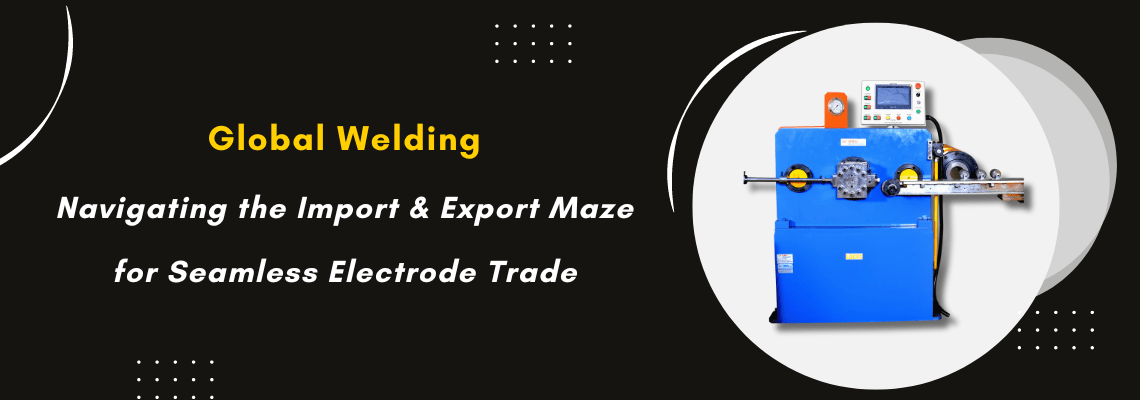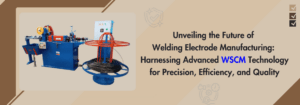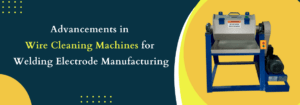Welding is a critical industry that supports numerous sectors, from construction and automotive to aerospace and manufacturing. As globalization advances, the demand for high-quality welding electrodes has skyrocketed, necessitating a smooth import and export process. This article delves into the complexities of international trade in welding electrodes, providing insights into how businesses can navigate the maze of regulations, standards, and logistics to ensure seamless transactions.
Understanding the Importance of Welding Electrodes
Welding electrodes are essential components in the welding process, acting as a filler material that joins two pieces of metal. Their quality directly impacts the strength and durability of the weld, making them a crucial element in any welding operation. As industries expand globally, the need for reliable and efficient supply chains for welding electrodes becomes increasingly important.
The Global Market for Welding Electrodes

The global welding electrode market is vast and diverse, with major players located in regions such as North America, Europe, and Asia. These regions are home to both manufacturers and consumers of welding electrodes, creating a dynamic and competitive landscape. Understanding the key markets and their specific demands is essential for businesses looking to engage in international trade.
Navigating International Trade Regulations
One of the most significant challenges in the import and export of welding electrodes is navigating the complex web of international trade regulations. Each country has its own set of rules and standards governing the import and export of welding products. Compliance with these regulations is crucial to avoid delays, fines, and other complications.
Key Regulations to Consider
Import Tariffs and Duties: Different countries impose varying tariffs and duties on imported goods. It’s essential to be aware of these costs and factor them into your pricing strategy.
Customs Documentation: Proper documentation is critical for smooth customs clearance. This includes invoices, certificates of origin, and other relevant paperwork.
Product Standards and Certifications: Many countries have specific standards and certifications for welding electrodes. Ensuring your products meet these standards is vital for market entry.
Logistics and Supply Chain Management
Efficient logistics and supply chain management are essential for the seamless import and export of welding electrodes. From selecting the right shipping methods to managing inventory, every aspect of the supply chain plays a crucial role in ensuring timely and cost-effective delivery.
Choosing the Right Shipping Method
The choice of shipping method depends on various factors, including the destination, volume, and urgency of the shipment. Common shipping methods include:
- Air Freight: Fast but expensive, ideal for urgent shipments.
- Sea Freight: Cost-effective for large volumes, but slower.
- Land Freight: Suitable for neighboring countries, balancing cost and speed.
Inventory Management
Effective inventory management ensures that you have the right amount of stock to meet demand without overstocking. This involves:
- Demand Forecasting: Predicting future demand to plan inventory levels.
- Safety Stock: Keeping a buffer stock to account for unexpected demand or supply chain disruptions.
- Warehouse Management: Optimizing storage space and ensuring efficient handling of goods.
Partnering with Reliable Suppliers
Building strong relationships with reliable suppliers is crucial for the successful import and export of welding electrodes. A reliable supplier ensures consistent quality and timely delivery, which are critical for maintaining customer satisfaction and competitive advantage.
Criteria for Choosing Suppliers
- Reputation: Look for suppliers with a proven track record and positive reviews.
- Quality Assurance: Ensure the supplier adheres to strict quality control measures.
- Communication: Good communication is vital for addressing any issues promptly and effectively.
- Flexibility: A supplier who can adapt to changing demands and market conditions is a valuable partner.
Leveraging Technology in International Trade

Technology plays a pivotal role in streamlining the import and export process. From digital platforms for managing documentation to advanced tracking systems, leveraging technology can significantly enhance efficiency and transparency.
Digital Documentation
Digital documentation platforms simplify the process of preparing and submitting customs documents, reducing errors and speeding up clearance times. These platforms often include features such as automated form filling, electronic signatures, and real-time status updates.
Tracking and Monitoring
Advanced tracking systems provide real-time visibility into the status of shipments. This helps businesses monitor the movement of goods, anticipate delays, and take proactive measures to address any issues that arise.
Mitigating Risks in International Trade
International trade involves various risks, including geopolitical tensions, economic fluctuations, and supply chain disruptions. Businesses must implement strategies to mitigate these risks and ensure smooth operations.
Risk Mitigation Strategies
- Diversification: Spread your suppliers and customers across different regions to minimize dependence on any single market.
- Insurance: Invest in insurance policies to protect against losses due to unforeseen events.
- Contracts: Use well-drafted contracts to outline the terms and conditions of trade, including dispute resolution mechanisms.
The Role of Trade Agreements
Trade agreements between countries can facilitate smoother and more cost-effective trade by reducing tariffs, standardizing regulations, and enhancing cooperation. Staying informed about relevant trade agreements and leveraging their benefits can give businesses a competitive edge.
Navigating the import and export maze for welding electrodes requires a comprehensive understanding of international trade regulations, efficient logistics and supply chain management, and strong partnerships with reliable suppliers. By leveraging technology, mitigating risks, and staying informed about trade agreements, businesses can ensure seamless and profitable international transactions. As the global demand for welding electrodes continues to grow, staying ahead of the curve with strategic planning and execution will be key to success in this competitive market.






